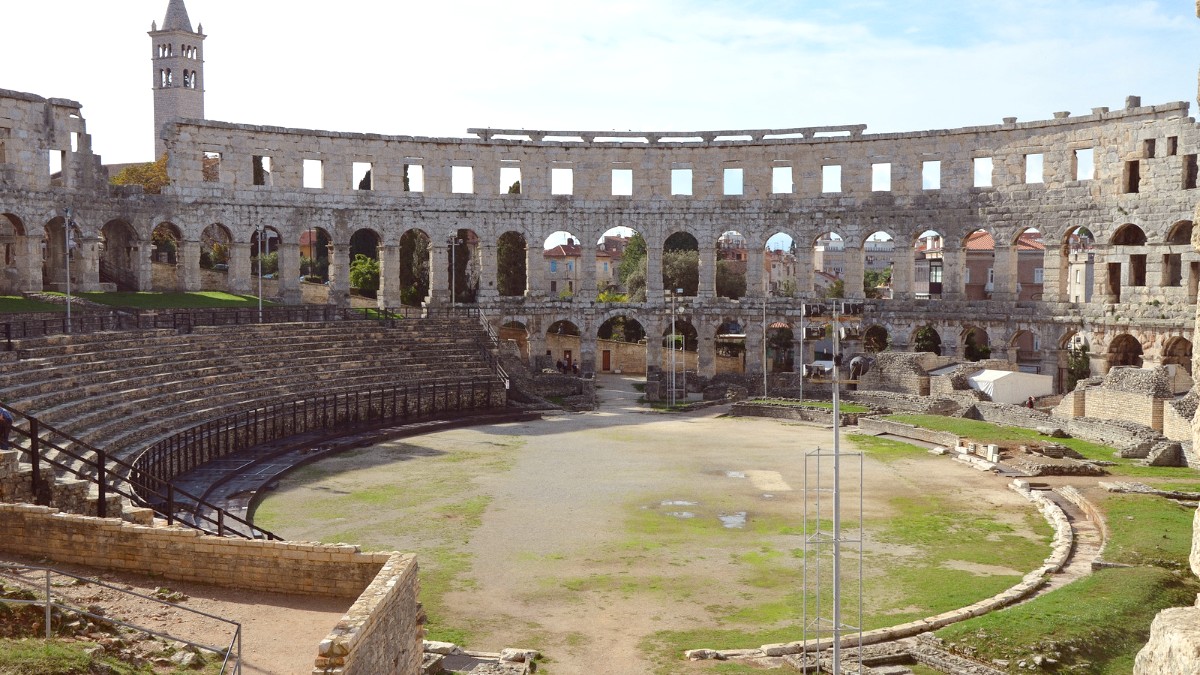
Istria, Croatia
Pula is near Brijuni National Park and Cape Kamenjak. Stay on marked paths. Avoid littering. Do not disturb wildlife.
Croatia has waste management and recycling systems. Separate bins for paper, plastic, glass, mixed waste are available.
Water conservation is important, notably during hot summer months. Use water responsibly in accommodation, shorter showers.
Environmental care and cultural awareness. Travel practices support local heritage and nature.
Air travel impacts carbon emissions. Offset flight emissions through reputable carbon offset programs. Terrapass
Look for hotels and tour operators that have a commitment to environmental sustainability. Ecobnb
Support efforts to preserve historical sites. Treat them with care.
Learning basic Croatian phrases makes connection with locals possible.
Your travel choices play a role in the preservation of Pula's natural and cultural assets.
Your travel spending directly helps the local community. Choose wisely to support Pula's residents and businesses.
Opt for locally owned accommodations or private apartments. Dine at family-run "konobas" (taverns).
When purchasing souvenirs or goods, look for authentic local products and crafts.
While photographing landscapes and historical sites is generally fine, ask permission for individuals.
Prioritize local shops, tour operators, and service providers. This directly benefits the community.
Awareness of potential exploitation and avoiding harmful practices.
Be aware of common tourist scams, rare but possible.
Avoid activities that exploit animals (unethical animal tourism).
Charitable giving, if desired, through reputable local charities. Avoid direct handouts.
If an activity seems too good to be true, or questionable practices appear, avoid it.